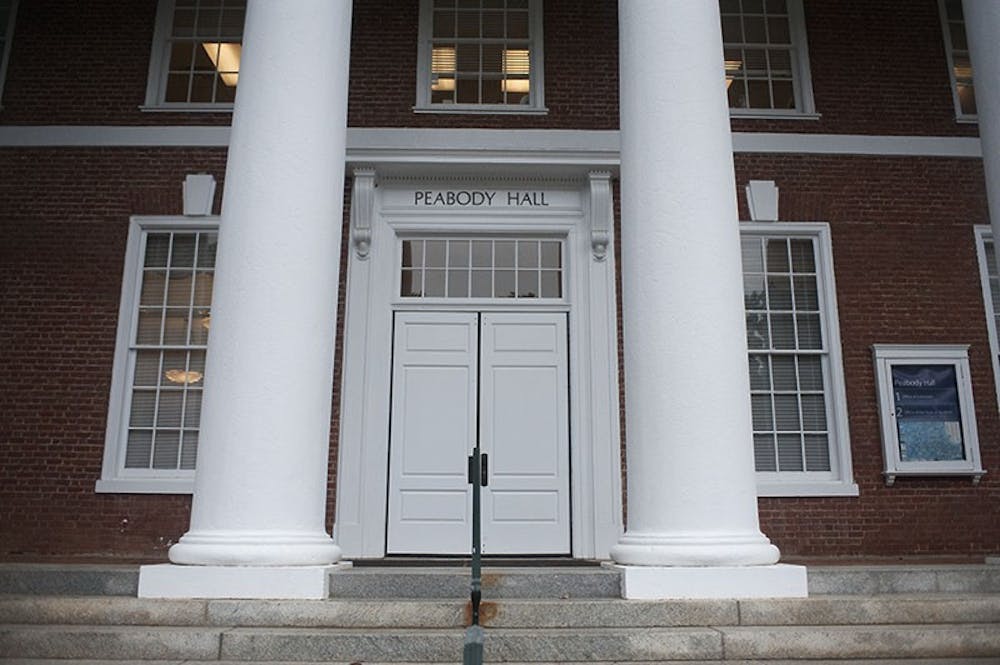The Washington Post recently obtained documents showing that the University’s advancement office has helped prospective students related to prominent donors and alumni who apply for admission by flagging their applications for special handling. Although not surprising, the uncovering of this practice serves to show how admissions at the University are not based solely on merit. Instead of providing further advantage to students with privileged backgrounds, the University should be actively leveling the playing field for all prospective students.
The documents — mostly spreadsheets covering data from 2008 to this year — show nine years of advancement officials monitoring admission bids and, in some cases, assisting some applicants at risk of rejection. Overall, the documents show significant efforts made by the administration to elevate particular applicants based on their influential backgrounds. One specific notation stated how a high-priority applicant “has met personally with President Sullivan.” Another applicant’s file included a handwritten note saying “$500k,” and a typed request to move the student from denied to wait-list status. Such practices shift the focus of applications from merit to personal and financial affiliations.
College admissions for low-income students is profoundly unfair. A 2016 report found that over 80 percent of the United States’ most selective institutions give preference to children of alumni. Moreover, high-achieving, low-income students are half as likely as wealthier students to take SAT or ACT preparation courses, even though it’s clear these courses raise test scores — a determinative factor in the admissions process. Based on these existing disadvantages to low-income students, the University’s current preferential admissions practices are all the more reprehensible.
To uphold a system truly based on merit, the University should focus on attracting more academically qualified students from disadvantaged backgrounds. Implementing a program of preferential admissions for qualified, low-income students opens the door for more opportunities for these students. Such a program would also disproportionately benefit minorities who make up a large part of the low-income population, ensure continued diversity in higher education and actively combat the disadvantages these students face.
The University admissions process currently allows some less qualified students to bolster their chances of admission through connections and pay-for-play. This fundamentally unfair practice further promotes economic stratification in Virginia’s higher education system. The University should support equal educational opportunity for academically qualified students regardless of family donations and ties to the school.
Correction: The lead editorial previously misstated that the documents show nine years of admission officials monitoring admissions bids. They showed nine years of advancement officials.






